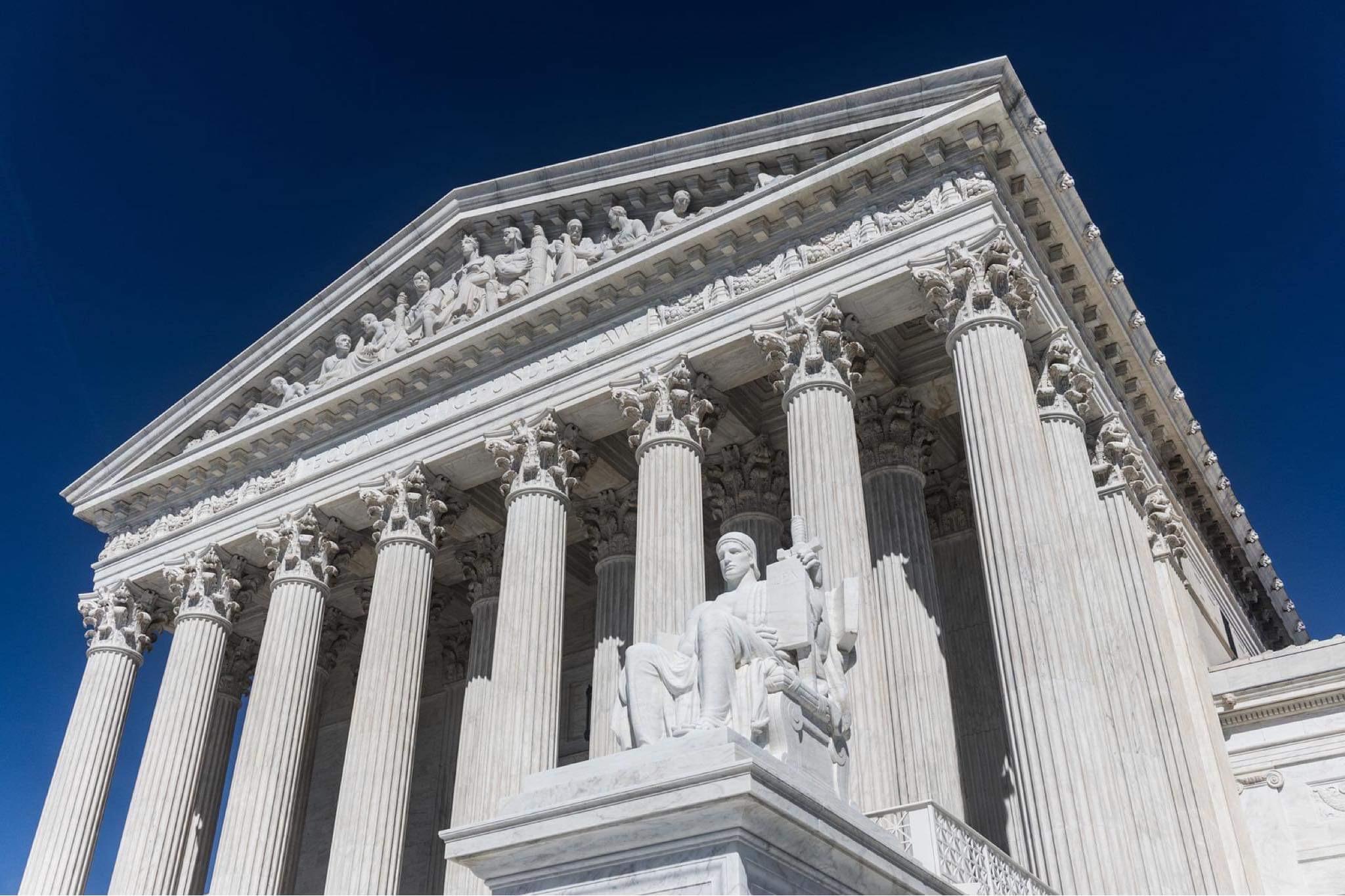Abortion may become illegal on Guam if a draft U.S. Supreme Court opinion leaked to and published by Politico becomes final in the next two months.
“The Constitution does not prohibit the citizens of each State from regulating or prohibiting abortion,” the conclusion of a draft majority opinion of the Court, allegedly authored by Justice Samuel Alito, reads. “Roe and Casey arrogated that authority. We now overrule those decisions and return that authority to the people and their elected representatives.”
The “Roe” reference is to the landmark 1973 Supreme Court ruling in Roe V. Wade, which federalized a prohibition on state and federal laws that would ban abortions before the fetal age of viability. Prior to the ruling, states had abortion bans. The “Casey” reference is to the 1992 ruling in Planned Parenthood v. Casey, which upheld the Roe ruling, and created an ‘undue burden standard’ for abortion restrictions.
The leaked document reportedly is backed by four other justices of the Supreme Court: Clarence Thomas, Neil Gorsuch, Brett Kavanaugh, and Amy Coney Barrett. This means that if all five justices sign on to the final document that retains the primary tenets of the leaked draft, they will form the majority opinion of the court, and the law of the land will change.
”Abortion presents a profound moral question,” Justice Alito purportedly wrote in the draft. “The Constitution does not prohibit the citizens of each state from regulating or prohibiting abortion.”
If both Roe and Casey are overturned, state and territorial governments would have the right to allow, limit, or ban elective abortion.
On Guam, however, there is the likelihood an abortion ban will go into effect as soon as the high court reverses Roe and Casey. That’s because the Guam Legislature in 1990 already outlawed abortion.
On March 19, 1990, Gov. Joseph F. Ada signed Public Law 20-134, authored by the late Sen. Elizabeth “Belle” Arriola. Days before that, all 21 members of the Guam Legislature had voted for its passage. The law outlawed all abortions, except those to save the life of the mother.
“The Legislature finds that … life of every human being begins at conception, and that unborn children have protectible interests in life, health, and well being,” the law’s legislative findings reads. The law, which was codified in the crimes and corrections title of the Guam Code, states: “Every person who provides, supplies, or administers to any woman, or procures any woman to take any medicine, drug, or substance, or uses or employs any instrument or other means whatever, with intent thereby to cause an abortion of such woman as defined in §31.20 of this Title is guilty of a third degree felony.”
Federal Judge Alex Munson, who was visiting Guam in the days following the enactment of the law, issued a temporary restraining order prohibiting the government of Guam from enforcing the law until questions of law were resolved. Those questions were first raised jn court by Sen. Arriola’s daughter, attorney Anita Arriola. The legal battle made it all the way to the Ninth Circuit Court of Appeals, where on November 7, 1996, it had struck down the law based on Roe.
But the Guam Legislature never repealed the law.
In fact, as former Sen. Robert “Bob” Klitzkie pointed out in an editorial he penned, the Guam Compiler of Laws noted the continual existence of the Arriola statute, but its inability to be enforced due to the permanent injunction against it.
That permanent injunction was based on the prevailing law of the land on the subject: Roe v. Wade. If it is overturned, so will the injunction, in theory.
The debate in 1990, as it may turn out to be in the months ahead, was intense. When the law passed, an organizer with the American Civil Liberties Union (ACLU) came to Guam and solicited women seeking abortion to fly to Hawaii. Then-Attorney General Elizabeth Barrett Anderson had her arrested.
The ACLU reportedly is on island again; this time to help campaign against another proposed anti-abortion statute, Bill No. 291.
The bill, introduced by Sens. Telena Nelson and Chris Duenas, and written by attorney Peter Sgro, Jr., would allow people to sue abortion providers if such a person performs elective abortion after a fetal heartbeat is detected. Others also can be sued for assisting in the matter.
Opponents of the bill, including Gov. Lou Leon Guerrero and her director of women’s affairs Jayne Flores, have attacked it and led protests. Speaker Therese Terlaje, under whose committee the bill was referred, is holding the first of four public hearings on it Wednesday, where supporters and opponents are expected to testify for hours. Opponents are planning a second protest outside the legislature during the evening hours of the public hearing.
Mr. Sgro is calling for cooler heads and proper discourse to prevail, no matter which side citizens are on the issue. In an email to Ms. Flores, he wrote:
”Dear Jayne,
The two of us are in a position to foster peaceful communications despite opposing views. I am genuinely concerned about the safety and welfare of our people that not only will participate in a peaceful rally today, but also preparing for four public hearings starting tomorrow.
In the same way that I have already done and will continue to do, I ask you to reach out to your pro-abortion supporters and emphasize the importance for peaceful exchanges. I of course recognize the right of free speech, but that right disappears when exchanges in speech results in any form of personal injury.
I write this to you in good faith and seek your leadership to help insure peaceful exchanges as we move forward with differing positions relative to abortions. The last thing we need are any statements that incite discourse and anger.
Peace Jayne.
Regards, Peter”






